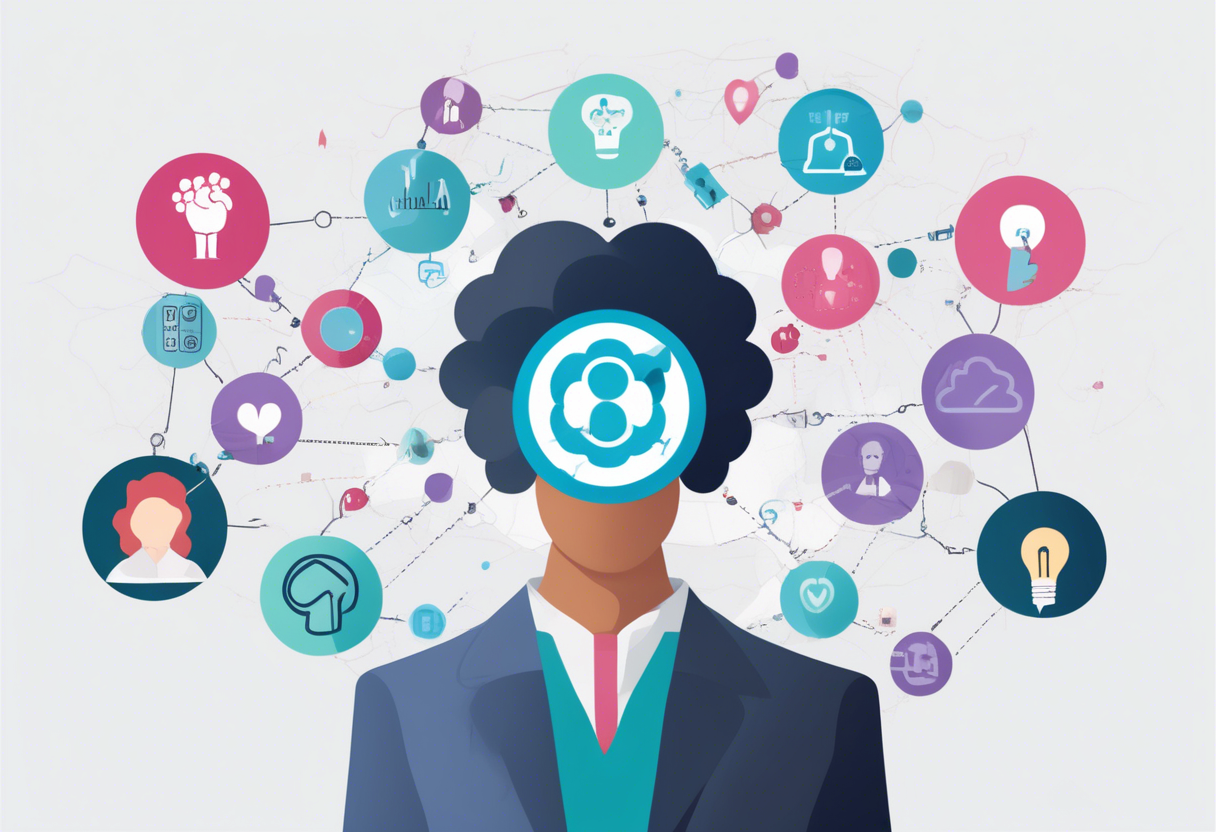
Emotional intelligence (EI) is becoming more important, especially in Human Resources. Did you know 90% of top performers have high emotional intelligence? This shows how EI can shape successful workplace dynamics. As companies use more digital tools and AI to improve HR processes, the human touch—through emotional intelligence—becomes vital. How does EI affect leadership and workplace interactions? What role does it play in creating innovative HR strategies? This article explores these questions, looking at how emotional intelligence and artificial intelligence work together, and what this means for the future of digital HR. Whether you're an HR pro, a leader, or just curious about the changing workplace, understanding emotional intelligence could be your key to new opportunities. Let's explore!
Summary: This article explores the role of emotional intelligence in digital HR, focusing on its impact on leadership, workplace dynamics, and integration into HR strategies. It also examines the relationship between emotional intelligence and AI, and discusses future trends in evolving workplaces.
Understanding Emotional Intelligence in Digital HR
What is Emotional Intelligence in the Digital Age?
Digital emotional intelligence involves recognizing and managing emotions in online environments. This means interpreting emotional cues such as:
- Emojis
- Punctuation
- Tone
- Pauses
- Facial expressions during virtual interactions
Understanding these signals is not just about interpreting words but also about grasping the underlying emotions, enabling you to "read the room" online. For future leaders, this skill is crucial for maintaining human connections, managing emotions, and easing tensions in digital spaces.
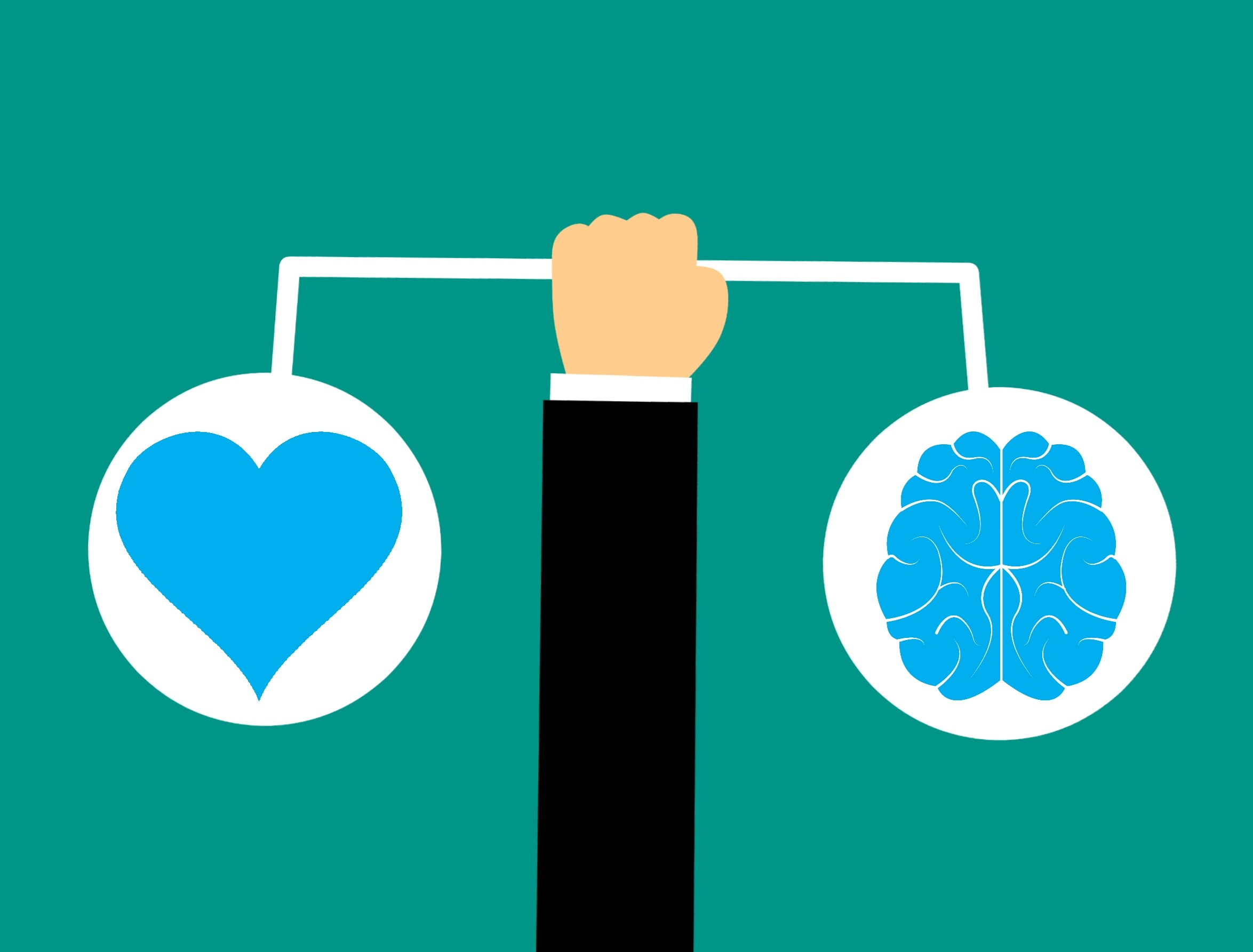
Contrary to the belief that digital communication is devoid of emotion, emotional intelligence reveals the genuine feelings behind every click and keystroke. For instance, before sending a complicated email, a thoughtful leader might pause to choose the right words and tools, avoiding misunderstandings and fostering team spirit in remote settings.
Importance of Emotional Intelligence in Virtual Communication
In the virtual realm, emotional intelligence is essential for HR professionals and leaders to create strong connections through empathy and understanding. It facilitates:
- Open communication
- Building trust
- Fostering a sense of belonging
Moreover, it helps resolve conflicts by promoting active listening and addressing emotions, preventing issues before they escalate and maintaining harmony.
High emotional intelligence enhances communication, impulse control, and decision-making under pressure. It also fosters self-awareness, allowing individuals to understand how their emotions impact others—vital for effective collaboration and receiving feedback online. Key components of emotional intelligence include:
- Self-awareness
- Self-regulation
- Empathy
- Social skills
- Motivation
These elements enhance leadership and success in digital environments. For example, an HR professional with keen emotional intelligence might notice stress in virtual meetings and address it with empathetic conversations and appropriate digital tools, supporting the well-being of all involved.
For more insights, explore Digital emotional intelligence and emotional intelligence in HR to understand their importance in fostering a positive workplace atmosphere and ensuring smooth communication.
The Impact of Emotional Intelligence on Leadership and Workplace Dynamics
Emotional Intelligence: A Crucial Leadership Metric
Emotional intelligence (EI) is a significant factor in effective leadership. Leaders with high EI can guide, inspire, and motivate their teams to achieve organizational goals. By managing their emotions, they foster a stable and safe work environment, which in turn boosts employee motivation and productivity.

With EI, leaders become more self-aware, genuine, and humble, aiding their understanding of how emotions influence behavior. This understanding enhances decision-making and communication skills. High EI is essential for navigating the emotional complexities of leadership, such as:
- Making informed decisions
- Managing conflicts effectively
- Building trust and teamwork
Leaders with strong EI earn trust and loyalty, connect with employees authentically, and cultivate a supportive and productive workplace. Despite its importance, EI is often overlooked, with fewer than 20% of organizations having emotionally intelligent leaders. A key component of EI, self-regulation, enables leaders to avoid rash decisions, manage conflicts adeptly, and guide their teams towards growth and trust.
Enhancing Employee Experience with Emotional Intelligence
Emotional intelligence in leadership significantly impacts employee experience and organizational success. Leaders with high EI provide emotional support, reducing stress and lifting morale, especially during challenging times. EI enhances team dynamics by addressing emotional needs, leading to:
- Increased engagement
- Higher motivation
- Greater satisfaction
- Improved retention
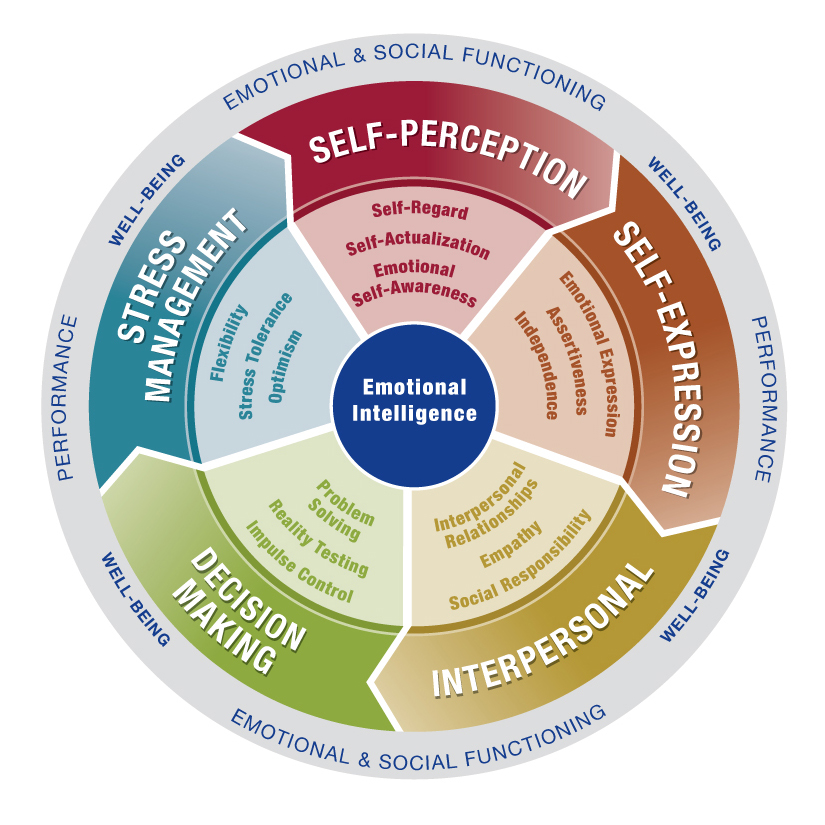
Organizations with emotionally intelligent leaders enjoy positive workplace cultures characterized by openness, respect, clear communication, and high morale, all contributing to productivity and loyalty. In sectors like healthcare, EI in leadership enhances team management, collaboration, and patient care by fostering empathy, resolving conflicts, and providing emotional support.
Leaders with high EI manage stress effectively, adapt to change, and keep teams aligned with company goals, maintaining motivation and responding adeptly to crises. High EI in leadership builds lasting trust, boosting team performance by approximately 20%. Consider Microsoft, where under Satya Nadella's emotionally intelligent leadership, the company experienced a 969% increase in share price, illustrating the profound impact of EI on success.
Emotional intelligence in leadership | Impact of emotional intelligence on leadership
Integrating Emotional Intelligence into HR Strategies
Developing Emotional Intelligence in HR Teams
Bringing emotional intelligence (EI) into HR leadership can significantly enhance company performance. It fosters a workplace where empathy, adaptability, and continuous growth are standard. Here are some strategies to integrate EI into HR teams:
-
Align HR Strategies with Company Goals: Ensure that HR strategies are in sync with the overall objectives of the company.
-
Implement Training Programs: Focus on EI to build essential skills in HR personnel, making EI a core aspect of leadership development.
-
Utilize Self-awareness Training: Techniques like journaling and 360-degree feedback can be instrumental in fostering self-awareness.
-
Practice Emotional Regulation: Encourage practices such as mindfulness and stress management to help regulate emotions.
-
Enhance Relationship Skills: Through empathy exercises and active listening, HR teams can improve their relationship-building capabilities.
-
Provide Ongoing Emotional Feedback: Regular feedback helps disseminate EI across leadership, ensuring leaders are equipped to handle conflicts, changes, and interpersonal dynamics.
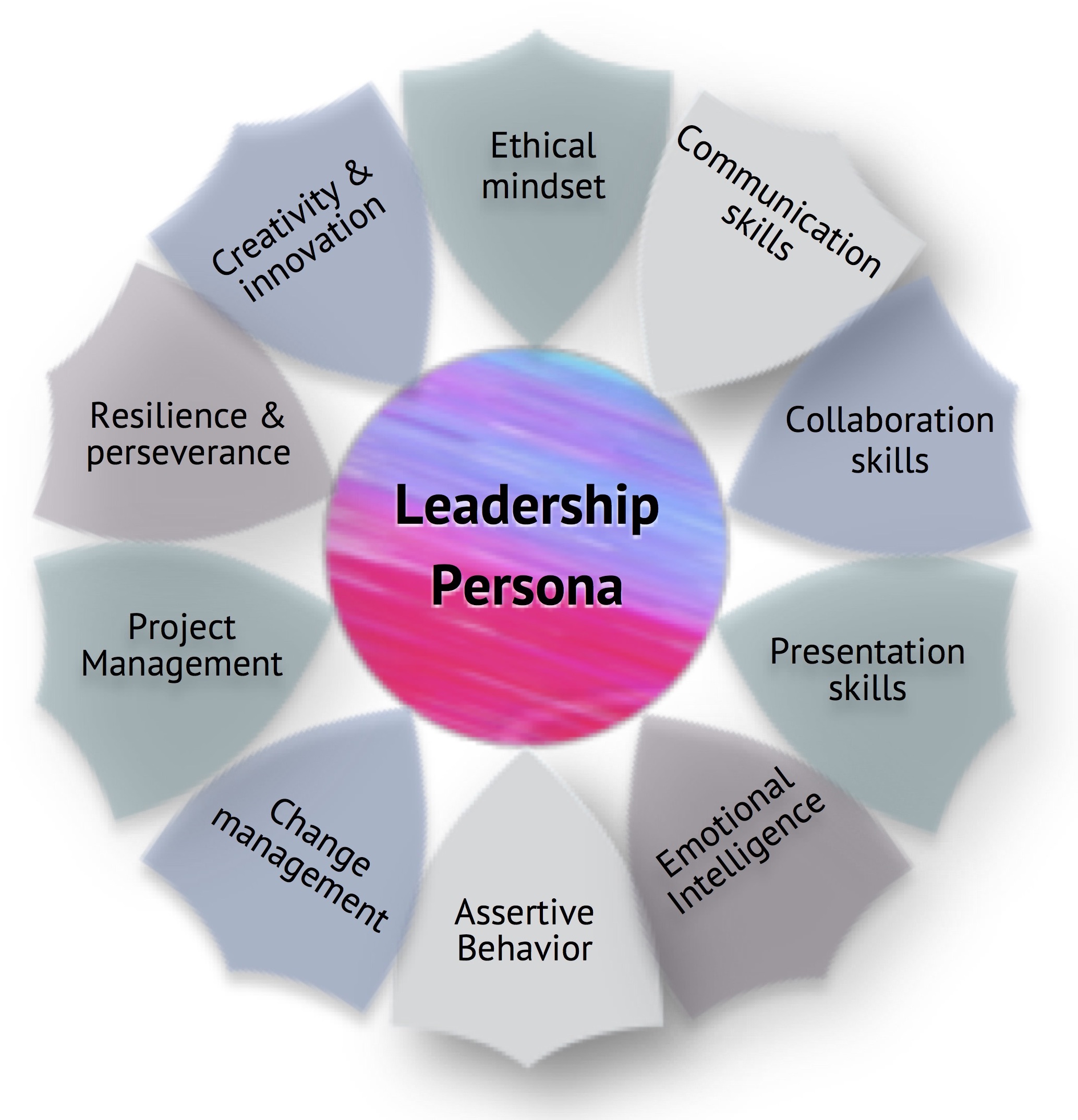
By embedding EI skills into leadership selection, training, promotion, and succession planning, companies prepare their leaders to manage complex interpersonal issues, foster positive work environments, and resolve conflicts effectively. Regular emotional check-ins and active listening by HR leaders build trust and openness, enhancing relationships and boosting team performance. Studies indicate that incorporating EI assessments into leadership programs can increase team engagement by up to 50% and profits by 21%.
Tools and Technologies for Emotional Intelligence in HR
Technology, particularly AI-driven analytics, plays a crucial role in enhancing EI within HR. It reduces bias in hiring and improves candidate matching, leading to more informed hiring decisions. Here’s how technology supports EI:
-
Executive Coaching Platforms: Facilitate reflection, feedback, and the development of emotional insights, enabling HR leaders to apply EI skills in their daily activities.
-
Digital Tools for Emotional Feedback: Regular check-ins and pulse surveys integrate emotional awareness into everyday performance discussions and leadership coaching.
-
Mindfulness and Stress Management Apps: Aid in emotional regulation, helping HR teams remain calm and resilient.
-
Digital Leadership Programs with EI Assessments: Allow companies to identify and nurture emotionally intelligent leaders, enhancing team dynamics and retention.
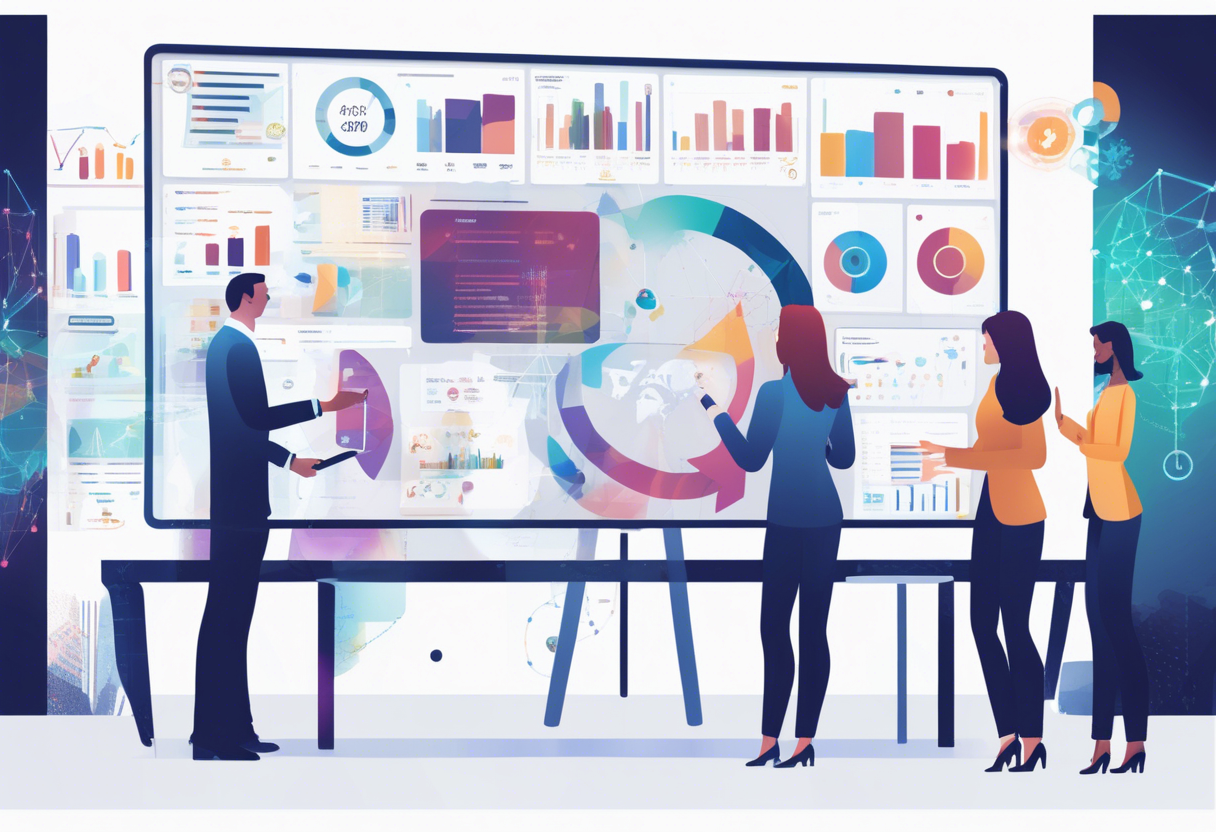
Companies like IBM leverage AI-driven analytics in hiring to enhance emotional intelligence, while coaching platforms and feedback tools assist leaders in building and sustaining EI skills.
Emotional Intelligence and AI: A Complementary Relationship
Enhancing HR with AI and Emotional Intelligence
Human Resources is evolving fast, and the combination of AI with emotional intelligence is changing the game. When AI receives a dose of emotional smarts, it can enhance human connection by providing instant emotional feedback. This creates a kind of simulated closeness that mimics real social interaction, as discussed in a PMC article.
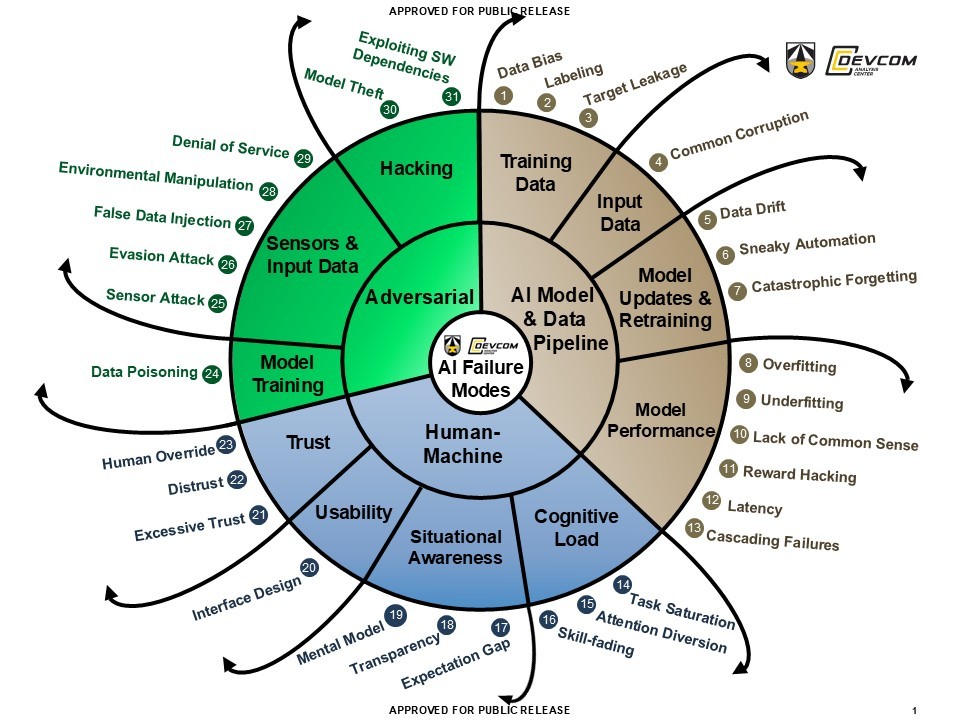
AI can read faces, voices, and even body signals to infer emotions, but it struggles with truly understanding human emotions, as noted in a SSRN paper. While AI can mimic emotional presence, it cannot experience real emotions like joy or fear. Therefore, any emotional bond with AI is merely an imitation, according to Psychology Today.
AI and emotional intelligence complement each other well: AI brings data and speed, while emotional intelligence offers understanding and helps build trust at work, as noted by TalentSmartEQ. However, forming emotional connections with AI raises ethical questions, such as data privacy and the risk of emotional manipulation, highlighted by Pace University.
Effective AI and Emotional Intelligence Strategies for HR
For HR professionals, using AI to analyze data, such as employee feedback, is crucial. However, emotional intelligence is needed to interpret these insights with empathy and cultural sensitivity, according to TalentSmartEQ. It's important to recognize AI's limitations in understanding emotions to avoid mistaking its responses for genuine human empathy, as discussed in Psychology Today.
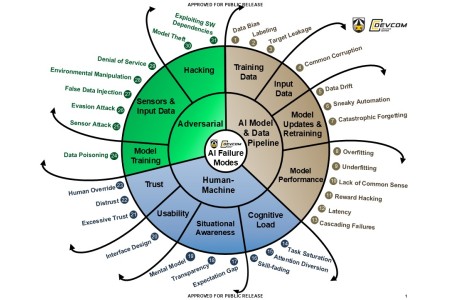
HR must also address ethical concerns, such as safeguarding employee data when AI collects emotional information and being transparent about AI's capabilities, as stated by Pace University. While AI can initiate connections, real human presence and emotional intelligence are essential to build trust and a sense of belonging, as emphasized by TalentSmartEQ.
Continuous training in both emotional and digital skills is crucial for effectively blending AI with emotional intelligence, as noted by Psychology Today.
Future Outlook: Emotional Intelligence in Evolving Workplaces
Emotional Intelligence Trends Shaping Future Workplaces
Emotional intelligence (EI) is becoming increasingly important as workplaces evolve with the integration of AI and automation. As machines take over repetitive tasks, skills like empathy and emotional understanding are more significant than ever. Tools such as Replika and Woebot are emerging to assist individuals in honing these skills through real-time feedback and simulations. This is a fascinating way technology is enhancing EI in modern workplaces.

Leaders with strong EI are pivotal in building trust, sparking innovation, and boosting performance. Consequently, EI is a key factor for success and effective leadership. It facilitates team communication, conflict resolution, and collaboration, which are crucial in hybrid and remote work setups. Essential skills for leaders include:
- Self-awareness
- Self-regulation
- Motivation
- Empathy
- Social skills
Organizations that prioritize EI witness improved communication, stronger teams, happier employees, and a culture that fosters innovation and retains talent.
Emotional Intelligence: Maintaining Human Connection in Digital Work
In remote and hybrid work environments, emotional intelligence is crucial for building trust and connection when nonverbal cues are absent. Empathy and active listening are vital for effective communication in these settings. Leaders with robust EI create safe spaces by managing their emotions and understanding their teams, which enhances morale and reduces misunderstandings. Conversely, leaders lacking EI can foster toxic environments, leading to high turnover, burnout, and poor decisions driven by unchecked emotions.
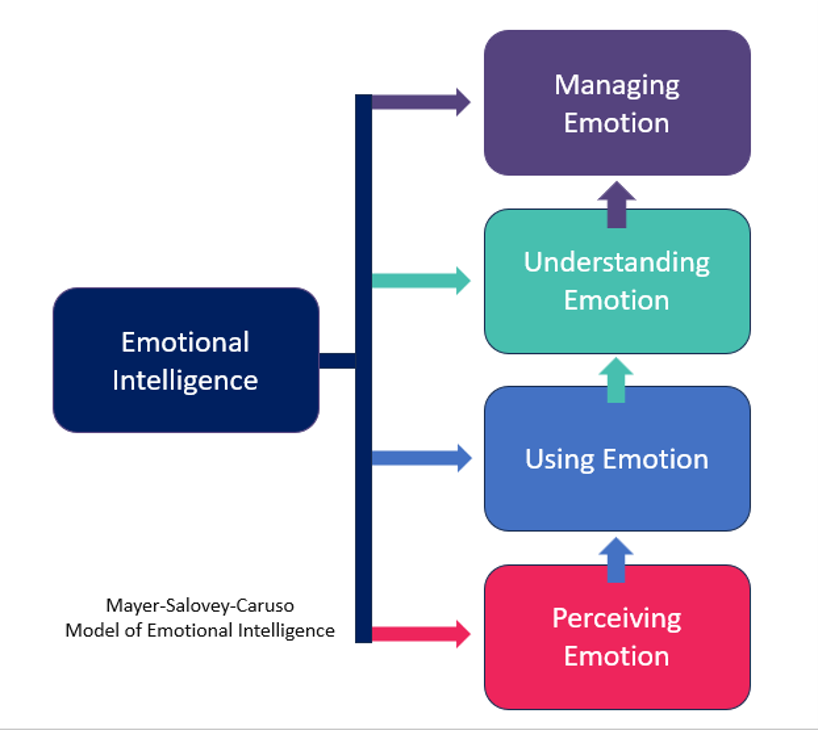
Strong EI equips leaders and employees to handle change, manage stress, and remain adaptable—skills that are vital in fast-paced, digital workplaces. It also helps maintain strong customer relationships and protects the company's reputation by ensuring employees respond well to emotional cues. In virtual teams, leaders with emotional intelligence utilize empathy and active listening to unify the team and build trust, even when separated by distance.
FAQs on Emotional Intelligence in Digital HR
How Can Digital Emotional Intelligence Enhance Remote Team Cohesion?
Digital emotional intelligence (DEI) plays a significant role in uniting remote teams. It enables individuals to discern emotions in digital communications, such as punctuation, emojis, tone, and pauses. This skill maintains the human touch, even when team members are not physically present, which is crucial for effective collaboration and trust-building among team members source.
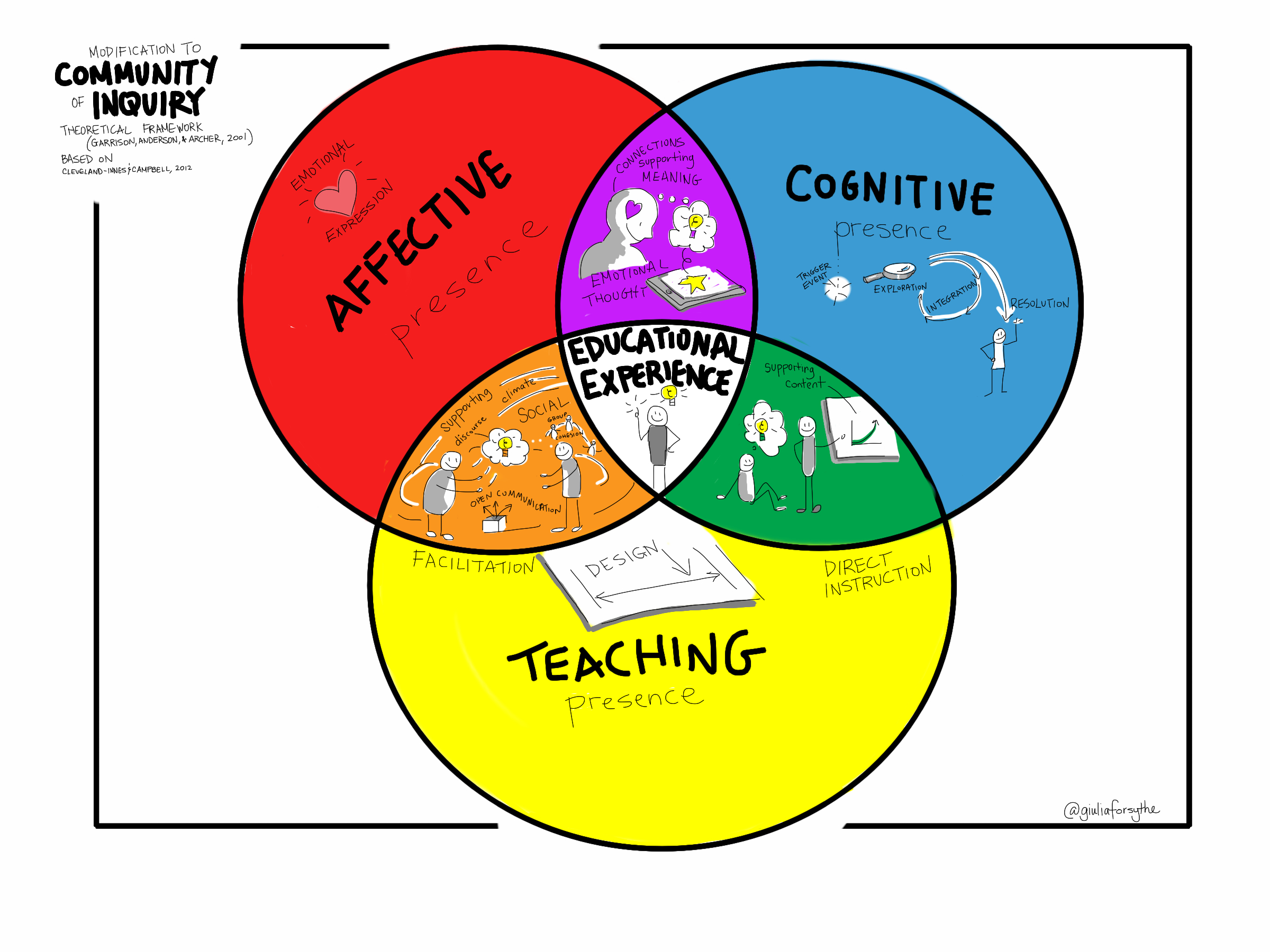
Team members with strong emotional intelligence can manage their emotions and understand others', choosing the appropriate communication methods to prevent or resolve conflicts. This leads to smoother teamwork. Enhanced emotional skills facilitate better listening, ensuring everyone feels heard, which is vital for trust and team spirit in remote environments source. For instance, if a team leader detects frustration in a chat through tone and emojis, they might initiate a video call to address the issue, preventing escalation and fostering trust.
Key Benefits of Emotional Intelligence in HR Strategies
Incorporating emotional intelligence into HR strategies can significantly enhance company operations. It allows HR professionals to connect more effectively with employees by demonstrating empathy and understanding, leading to improved communication, trust, and a positive workplace atmosphere source. HR professionals with high emotional intelligence excel at conflict resolution by remaining calm, listening attentively, and addressing the root causes of issues, thereby preventing future misunderstandings and maintaining a peaceful work environment.

Utilizing emotional intelligence in HR increases employee satisfaction and retention as employees feel understood and valued source. It also aids in making better decisions under pressure, thanks to enhanced impulse control and risk management. Moreover, when combined with AI, emotional intelligence creates a more efficient and empathetic workplace source.
For example, an HR team might employ emotional intelligence assessments during the hiring process to identify candidates with strong interpersonal skills, improving team dynamics and reducing turnover.
Impact of Emotional Intelligence on Leadership in Virtual Settings
In virtual environments, emotional intelligence is essential for effective leadership. Leaders with strong digital emotional intelligence can interpret emotional cues in online communications, such as tone, pauses, and emojis, and respond in ways that maintain a positive team atmosphere source. This ability enables leaders to manage both their own emotions and those of their team, which is crucial for resolving conflicts and fostering a positive virtual workspace.
Emotionally intelligent leaders build trust and strong relationships with their teams by understanding their feelings, needs, and concerns, thereby enhancing engagement and productivity source. High emotional intelligence in leaders translates to greater self-awareness, resilience, and adaptability, helping them manage stress and effectively guide their teams in remote settings source.
For instance, a virtual team leader might recognize signs of burnout through digital communication patterns and take proactive measures to address workload and support, thereby improving team performance and morale.